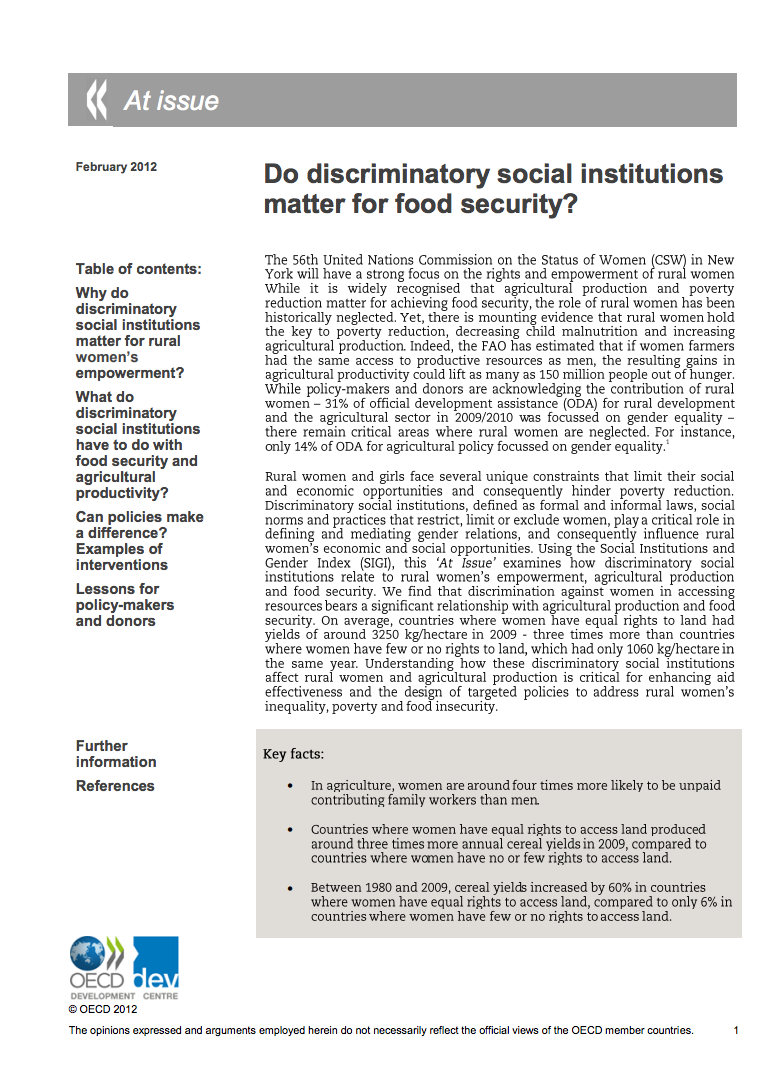Yemen, Republic of - Road Sector : Strategy Note
The Republic of Yemen has experienced
steady development in the recent past and its Gross Domestic
Product (GDP) per capita is approaching US$1,000. By many
aspects, Yemen is unique. It is still a rural country (with
more than 70 percent of the population living in the
countryside). It has about 140,000 villages and small
settlements spread out all over the territory, many of which
still need road access and harbor most of the country's




